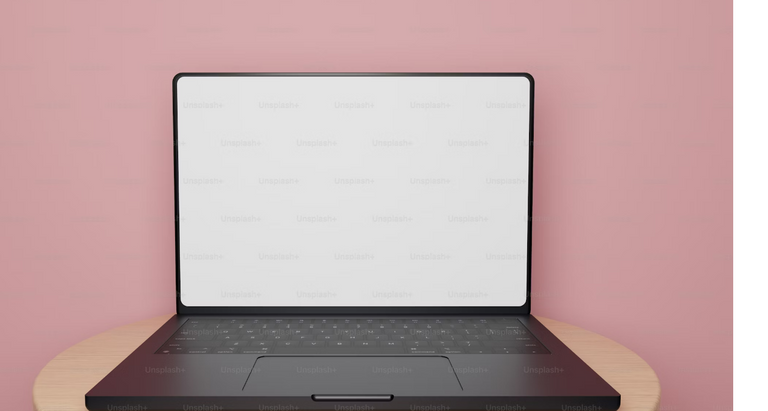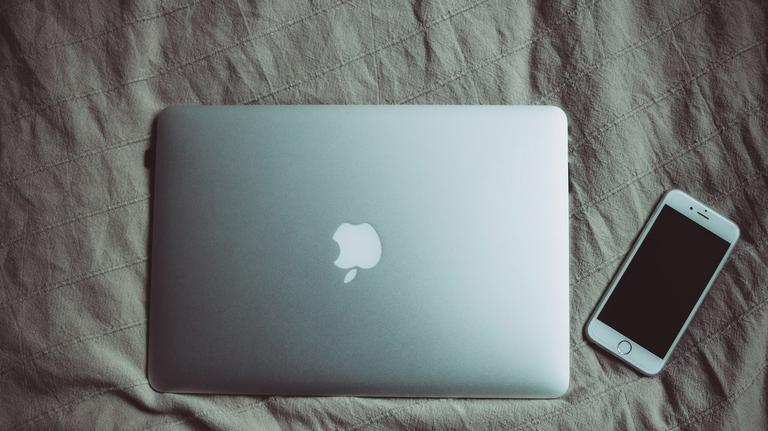Buying a laptop can be a big investment, so it’s important to consider various factors to ensure you get the best one for your needs. Here’s a comprehensive guide to help you make an informed decision:
1. Purpose and Usage
- Identify Your Needs: Determine what you’ll primarily use the laptop for—gaming, business, creative work, or general use. This will guide your choice.
2. Operating System
- Windows: Great for compatibility with a wide range of software.
- macOS: Ideal for creative professionals and those invested in the Apple ecosystem.
- Chrome OS: Best for web-based tasks and casual use; usually more affordable.
3. Processor (CPU)
- Intel vs. AMD: Intel Core i5/i7 or AMD Ryzen 5/7 are solid choices for performance. Look for newer generations for better efficiency and power.
4. RAM (Memory)
- Minimum 8GB: Suitable for everyday tasks and light multitasking.
- 16GB or more: Recommended for gaming, video editing, or heavy multitasking.
5. Storage Type and Size
- SSD (Solid State Drive): Faster, more reliable, and better for performance (256GB or 512GB recommended).
- HDD (Hard Disk Drive): More affordable with larger storage (1TB+), but slower.
- Hybrid Options: Some laptops offer both SSD and HDD for a balance of speed and storage.
6. Graphics Card
- Integrated: Fine for everyday tasks and light gaming.
- Dedicated GPU: Necessary for gaming, video editing, or graphic design (e.g., NVIDIA GeForce or AMD Radeon).
7. Display
- Size: Typically ranges from 13 to 17 inches; choose based on portability vs. screen real estate.
- Resolution: Full HD (1920x1080) is standard; higher resolutions (4K) are better for media consumption and design work.
- Panel Type: IPS panels offer better color accuracy and viewing angles than TN panels.
8. Battery Life
- Look for at least 6-8 hours of battery life for a day’s work. Reviews often provide insights into real-world battery performance.
9. Build Quality and Portability
- Consider weight and build materials, especially if you plan to carry your laptop frequently. Ultrabooks are typically lighter and more durable.
10. Ports and Connectivity
- Check for USB-C, USB-A, HDMI, and audio jacks. Ensure it has the ports you need for peripherals and connections.
11. Keyboard and Touchpad
- Ensure the keyboard is comfortable and responsive, especially if you’ll be typing a lot. A good touchpad is also crucial for navigation.
12. Brand and Warranty
- Research reputable brands with good customer service and warranty options. Consider extended warranties for peace of mind.
13. Price and Budget
- Set a budget that aligns with your needs. Look for sales or refurbished models for better deals.
14. User Reviews and Recommendations
- Read reviews and ask for recommendations to gauge real-world performance and reliability.
Conclusion
Taking the time to check these factors will help you choose a laptop that meets your specific needs and preferences. Happy laptop shopping!


